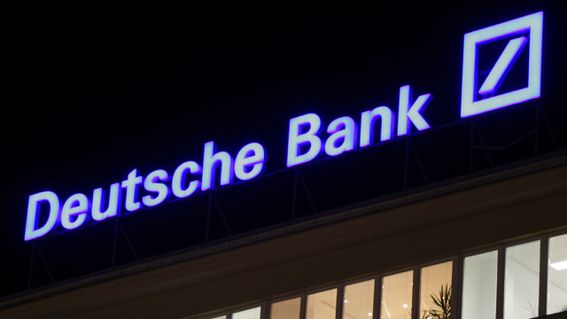Deutsche Bank is working with Taurus, a Swiss startup specializing in cryptocurrency safekeeping, to establish digital asset custody and tokenization services, the companies said on Thursday.
Germany’s biggest lender, Deutsche Bank, said in June it had applied for a crypto custody license from the country’s financial watchdog, BaFin. The bank’s publicly known crypto custody ambitions stretch back to early 2021, when details about a digital asset custody prototype appeared in a report by the World Economic Forum.
Germany’s roll-out of rules for firms to custody crypto assets and, more broadly, Europe’s proposed regime for Markets in Crypto-Assets regulation (MiCA) are providing traditional finance firms with the clarity needed to explore the digital assets industry.
Deutsche Bank invested in Taurus in February, part of a $65 million Series B round led by Credit Suisse that also included Arab Bank Switzerland and Pictet Group. Taurus co-founder Lamine Brahimi pointed out that Deutsche Bank’s due diligence of prospective crypto custody firms kicked off at the end of 2021 and ended sometime in 2022.
“We won the deal a couple of quarters ago, so the bank became a client and then decided to take a stake in Taurus,” Brahimi said in an interview with CoinDesk. “The partnership focuses on cryptocurrencies, but we are well known for going beyond cryptocurrencies. So, where it sees fit, the bank will be able to tokenize assets and provide asset servicing.”
Deutsche Bank’s global head of securities services, Paul Maley, said the plan is to develop digital asset custody services for a wide variety of digital asset types for corporate and institutional clients.
“In the first instance, we will offer custody for selected crypto currencies and some stablecoins. We expect the first wave of activity to be around these selected cryptocurrencies and stablecoins. However, we see the opportunity in the broader emergence of tokenized financial assets,” Maley said in an email.
As for international differences in regulation, Malay said: “It would be fair to say that the emergence of regulation outside of the U.S. (particularly in Europe and Asia) has provided market participants with greater clarity in those jurisdictions.”
Edited by Sheldon Reback.


Comments are closed.